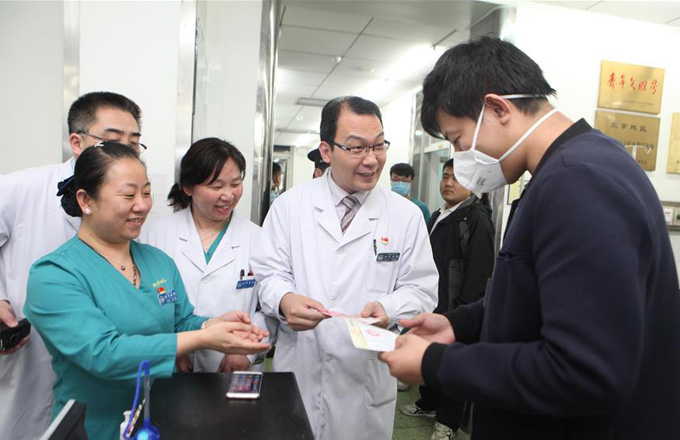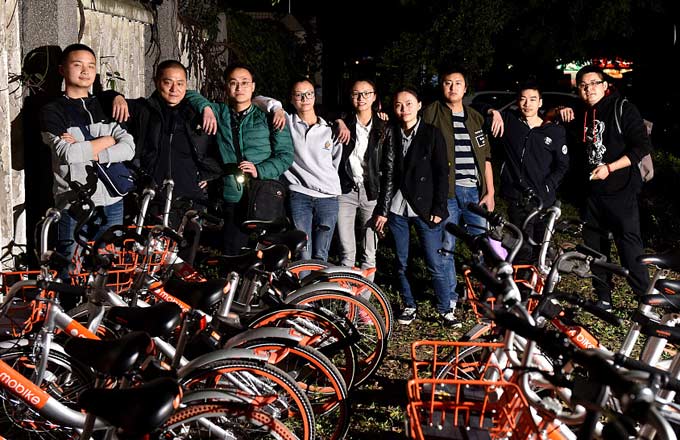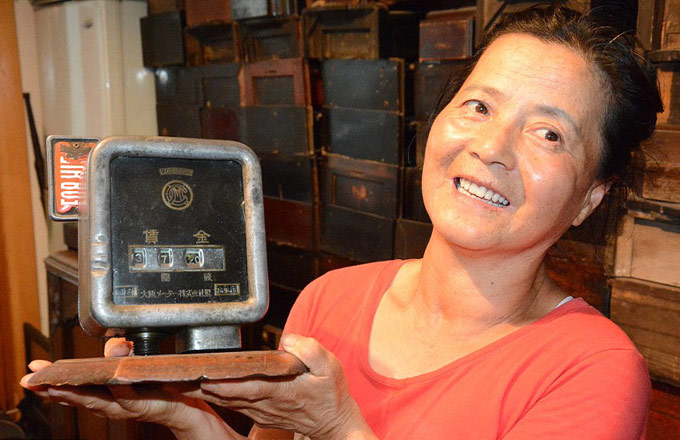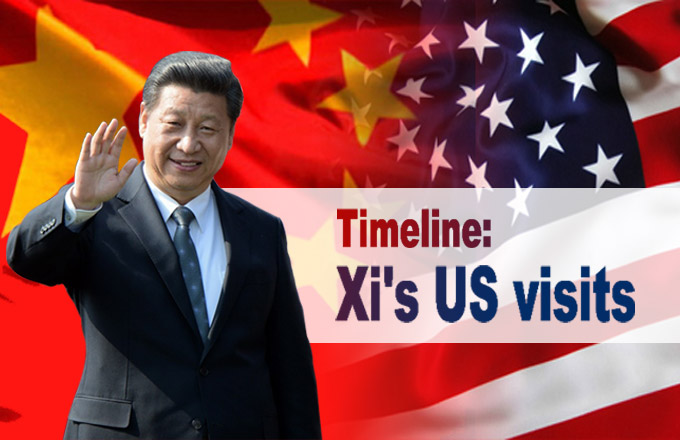Cold case reveals need for responsive govt
BEIJING - An Internet campaign to reopen a poisoning case that went cold nearly 20 years ago has pushed authorities to talk after years of silence.
Chinese authorities have become somewhat more responsive to public pressure in recent years, particularly when it comes to environmental issues. However, it often takes lengthy and painful efforts to draw a response and force the government to act.
On Wednesday, Beijing law enforcement finally responded to public concerns regarding the investigation of the case of Zhu Lingling (more commonly known as Zhu Ling), a chemistry major at Tsinghua University who was allegedly poisoned in 1994. Although Zhu survived, the poisoning resulted in severe brain damage.
There was speculation that one of Zhu's roommates was responsible, but charges were never pressed and the case remains unsolved.
The victim's parents told China National Radio on Tuesday that police were quiet about the case for years afterward. Although they asked police to disclose the details and conclusion of their investigation in 2008, the police refused to do so.
Last month, a similar poisoning case at Shanghai's Fudan University stoked memories of Zhu's case, spawning fierce discussion on social networking websites.
Although they were late to respond to Zhu's parents, their long-awaited response is hoped to be a sign of increasing openness.
The government does have a tough task on its hands in terms of managing society and balancing the interests of different groups. However, there have been multiple situations in which the government has refused to respond to public concerns and has cut off communication channels, resulting in discontent.
The development of Internet and social media has sped up the spread of information and the formation of public opinion. It has forced the government to be more prepared and willing to adjust its agenda to accommodate public concerns.
At a late April meeting of senior officials from the publicity departments of several judicial agencies, Meng Jianzhu, the country's top security official, urged them to use the Internet and new media, such as social networking sites, to communicate with the public.
"We should improve communication skills in the age of new media and be more confident and open in responding to people's concerns and expectations," he said.
In March, a press conference held by the Supreme People's Court was, for the first time, broadcast live not only on TV, but also on websites and microblogs.
However, there is much to be done in regards to improving the government's responsiveness and openness. Doubts about Zhu's case will not be assuaged by the short and generalized statement issued by the Beijing police. Direct interaction with the public is the best way to solve the issue.
In order to avoid the suffering of being kept in dark, as Zhu's parents went were, citizens have tried multiple methods to make their voices heard. It is the time for the government to listen, respond and act.
- First trainload of Russian wheat arrives in China
- Govt cuts budget on overseas trips, vehicles, receptions
- Beijing starts landmark medical reform
- Xi returns after visit to Finland, meeting with Trump in Florida
- Xi's visit to Finland, meeting with Trump uphold dialogue, cooperation, mutual benefits



















